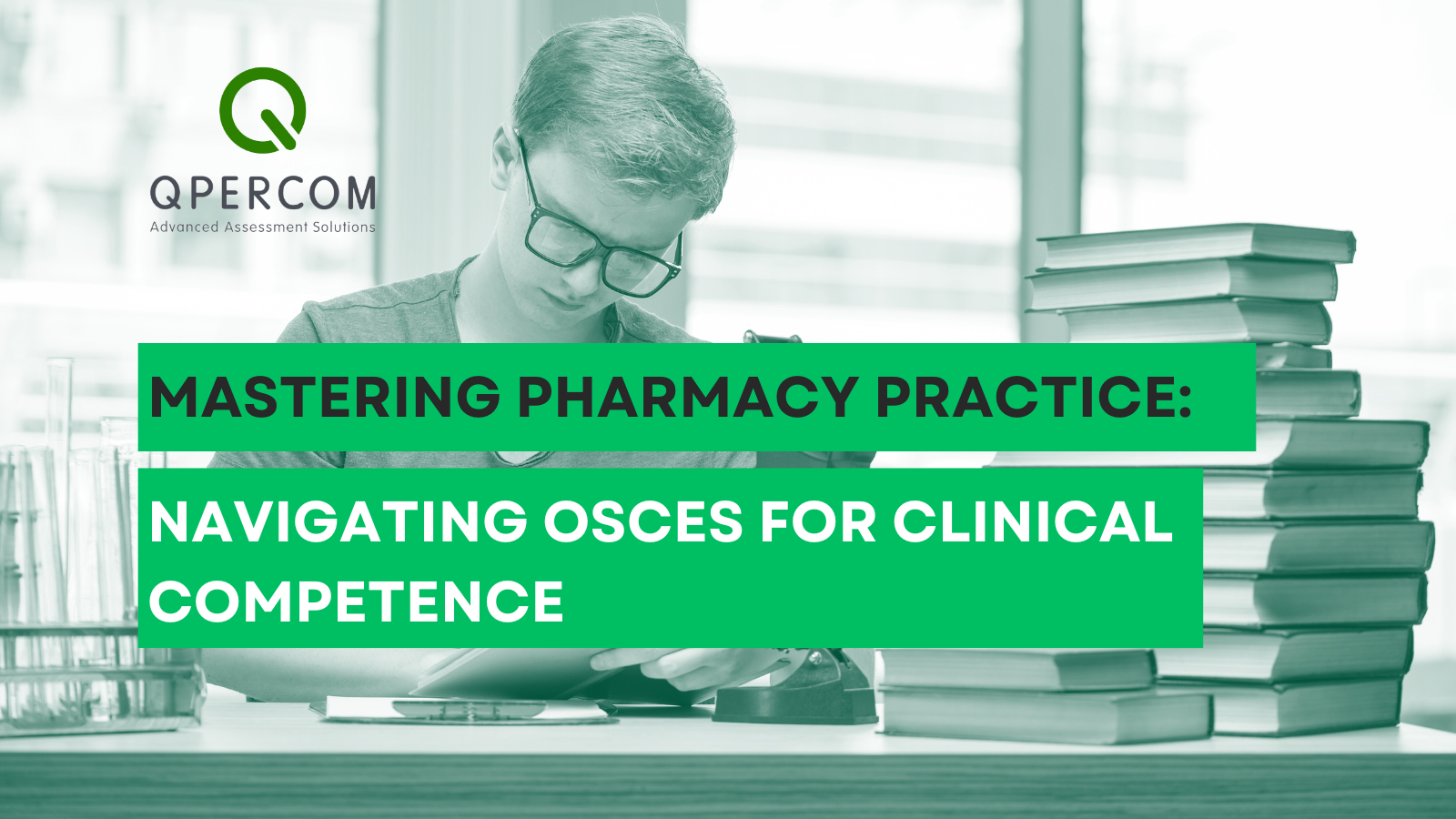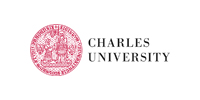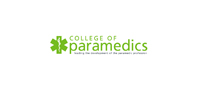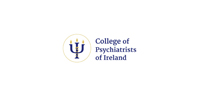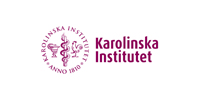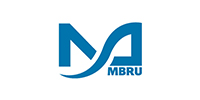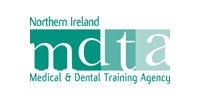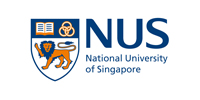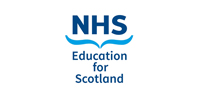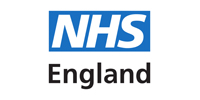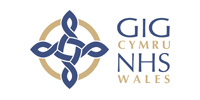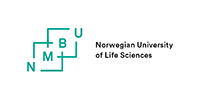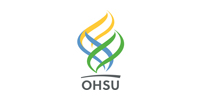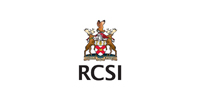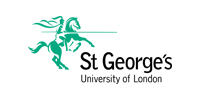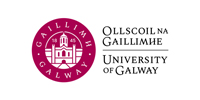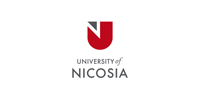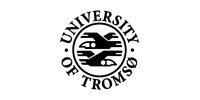Initially pioneered by Harden and his team in the 1970s1, the OSCE (Objective Structured Clinical Examination) remains an integral part in medical education to this day. An OSCE gives learners the opportunity to demonstrate their knowledge in practice, in a controlled environment in the form of role play. They face various simulated scenarios which assess different aspects of their clinical competence such as; communication, professionalism, procedural skills, interpretation of results among many other domains. Within these scenarios, learners get to showcase their clinical skills by interacting with simulated patients and/or examiners, which replicate real-life situations.
An OSCE determines whether a learner can show how something is done, before reaching the highest tier of competency – being able to do it2. A more in-depth overview of OSCEs can be found on a previous blog here.
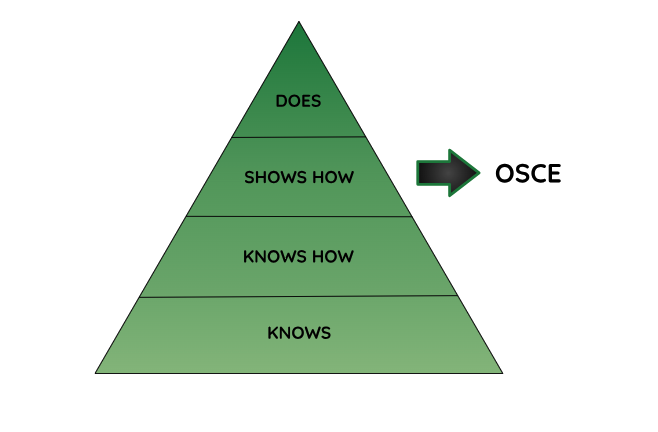
OSCEs have been widely accepted in various medical specialties including nursing3, dentistry4, veterinary medicine5; and are even becoming more prevalent in the pharmacy world6. At present, many institutions are either already incorporating OSCEs into the curriculum or are thinking about introducing them7. The most common deterrents are high costs and increased workload. The role of a pharmacist has expanded beyond just drug dispensing, and there is now a greater emphasis on patient-centred approaches8. Much like in other specialties, pharmacy OSCEs can assess aspects of clinical competence in ways that traditional methods cannot. For example, patient counselling/communication, clinical pharmacokinetics, identification & resolution of drug-related problems, and literature evaluation/drug information provision are more efficiently assessed using OSCEs, as opposed to oral examinations or MCQs (multiple-choice questionnaires)9, 10.
It may be intimidating to prepare for a pharmacy OSCE compared to the familiar traditional methods, however, there are plenty of resources that offer guidance. Detailed tips for general OSCE preparation can be just as useful for pharmacy OSCEs, nevertheless, The Pharmacists’ Defence Association has some useful pointers specifically for flourishing pharmacists:
- Introduction: Create a positive first impression by introducing yourself and stating your role before getting the patient’s details.
- Patient Information: Ask the patient for their name and date of birth, before delving into their presenting complaint.
- Consent: Ensure the patient is comfortable to continue with the consultation.
- Privacy: Offer to close the diving curtains in a hospital setting, or invite the patient into a consultation room.
- Chaperone: Ask the patient if they would like to be accompanied by someone during the consultation.
- Language: Avoid medical jargon and use simple terms when explaining something.
- Active Listening: Leave space for the patient to speak and let them know you are listening by nodding, maintaining eye contact and repeating the patient’s words back to them.
Although some establishments may face challenges bringing OSCEs into the pharmacy curriculum, it is evident that they will pose many benefits. As learners prepare for the working world, they will need to embrace not only their valuable skill-set, but also their capacity for patience and care to create a gold-standard of patient-centred care.


